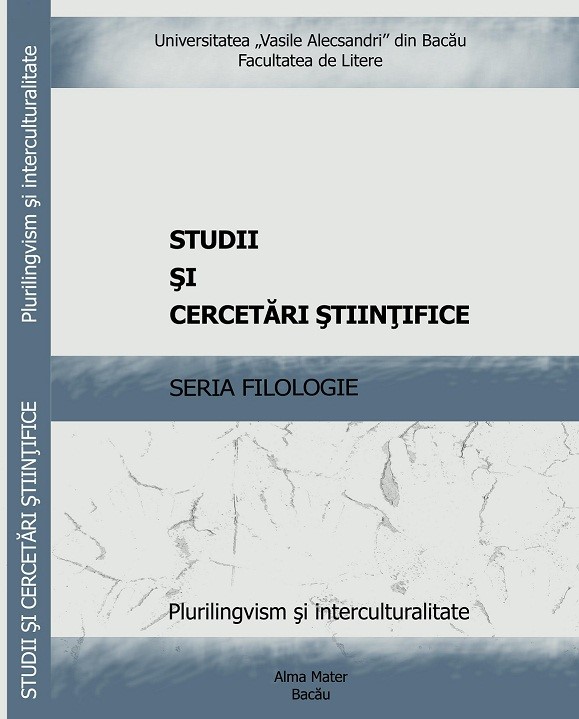NTELECTUALII ROMÂNI ȘI IMAGINEA JAPONIEI ÎN PRIMA JUMĂTATE A SECOLULUI AL DOUĂZECILEA
ROMANIAN INTELLECTUALS AND THE IMAGE OF JAPAN IN THE FIRST HALF OF THE TWENTIETH CENTURY
Author(s): Alexandra Marina Gheorghe Subject(s): History, Language and Literature Studies, Social history, Modern Age, 19th Century
Published by: Editura Alma Mater
Keywords: Japan; Romania; intellectuals; image;literature;
Summary/Abstract: During the modern age, the Romanian image of the Japanese people and country undergoes a sustained positive evolution. It starts forming a specific frame around the end of the nineteenth century and it reaches a well attuned outline during the first half of the twentieth century. There are many economical, as well as social factors which justify this incredibly positive turn in the Romanian imaginary, yet among the most influential of all these aspects may also be taken into consideration the personal experiences of the intellectuals who had the opportunity to reach Japan, as well as the scholars’ work, who undertook a privileged step towards the first aspect of presenting Japan by introducing the positive basic Japanese cultural aspects for the great public of this Eastern European culture. Well-known names like historian Nicolae Iorga (1871 – 1940), or less famous thinkers, writers, poets, travelers or linguists like Bazil Assan (1860 – 1918), Ioan Timuș (1890 – 1969), Ion Simionescu (1873 – 1944), Corneliu Diaconoviciu (1859 – 1923), Gheorghe Flaișlen (? – 1942), George Oprescu (1881 – 1969), General Ion Manolescu (1869 – 1946), General Constantin Găvănescul (1871 – 1942), General Gheorghe Băgulescu (1886 – 1963), Traian Chelariu (1906 – 1966), Alexandru Teodor Stamatiad (1885 – 1956) and Radu Flondor (1900 – 1956) make Japan a model state with an incredible strength, cohesion, moral excellence and a nationally spread taste for achieving beauty, no matter how trivial things may look like. The spectacular transformation of Japan from an agriculturally oriented state with very narrow political views into a strong, well acknowledged industrialized power, well respected all over East Asia and in the Western world as well, in less than half a century, is regarded with intense feelings of respect and it is always present in the Romanians’ texts regarding the Far Eastern country. It is the aim of the present study to outline and analyze the methods used by the Romanian intellectuals of the first half of the twentieth century, in creating an ideal image of a distant land that is Japan.
Journal: Studii și cercetări științifice. Seria filologie
- Issue Year: 2014
- Issue No: 31
- Page Range: 9-22
- Page Count: 14
- Language: Romanian

